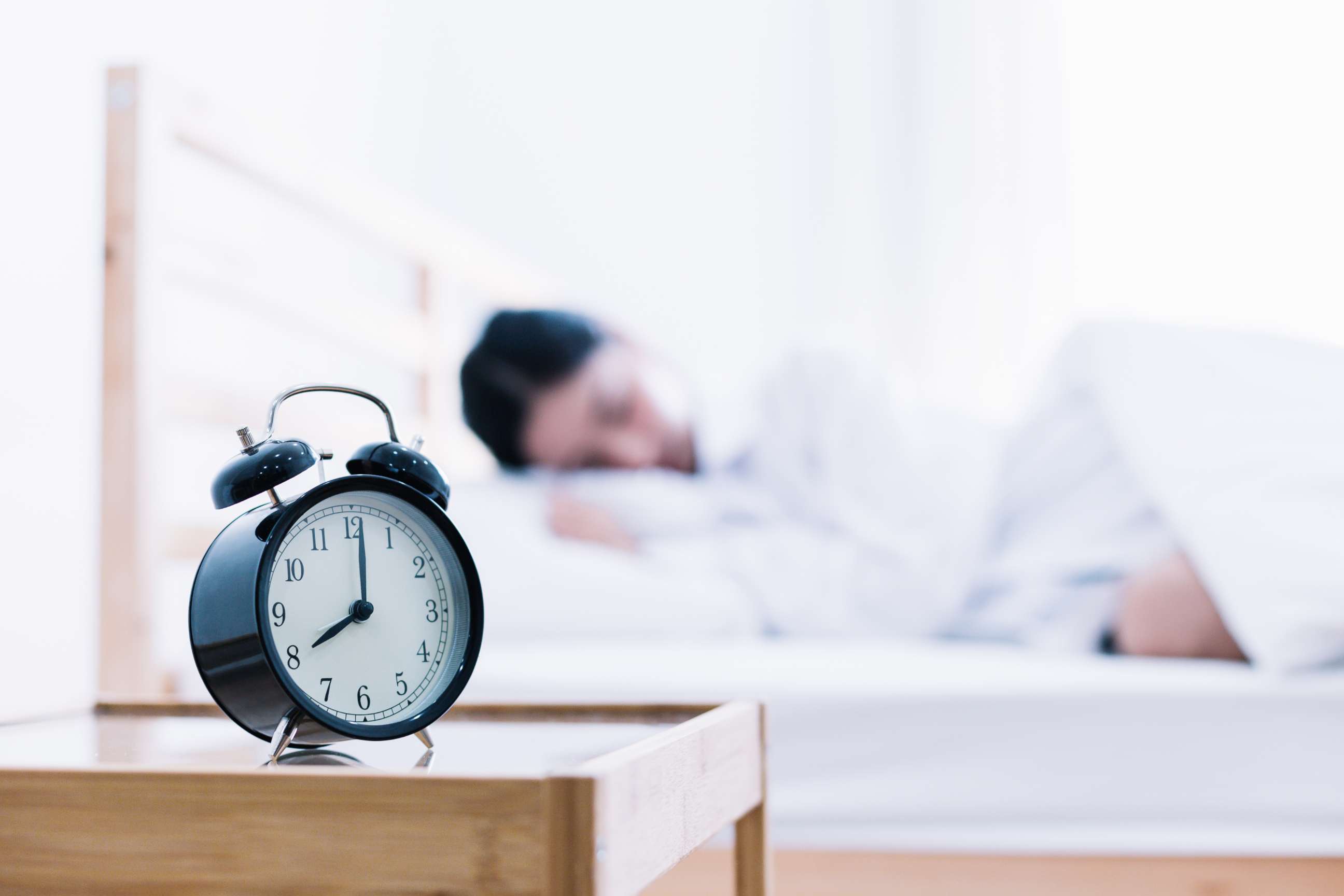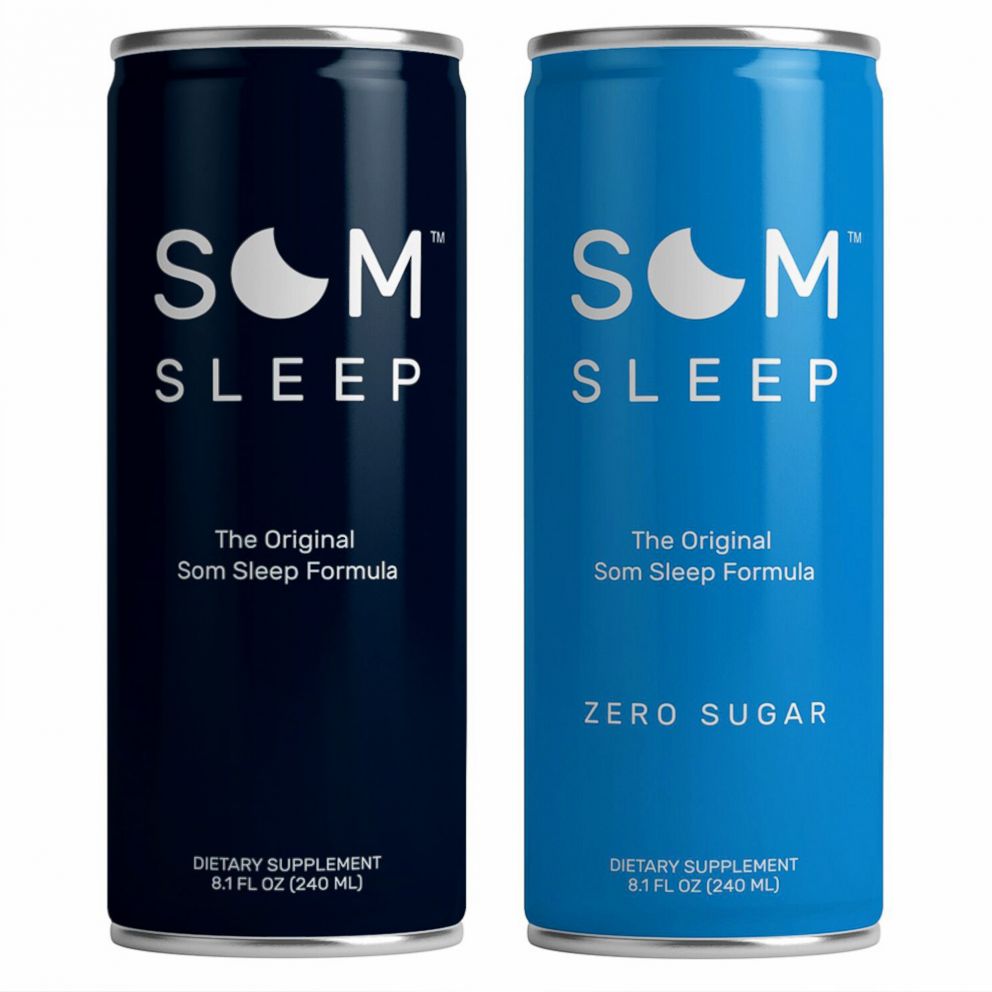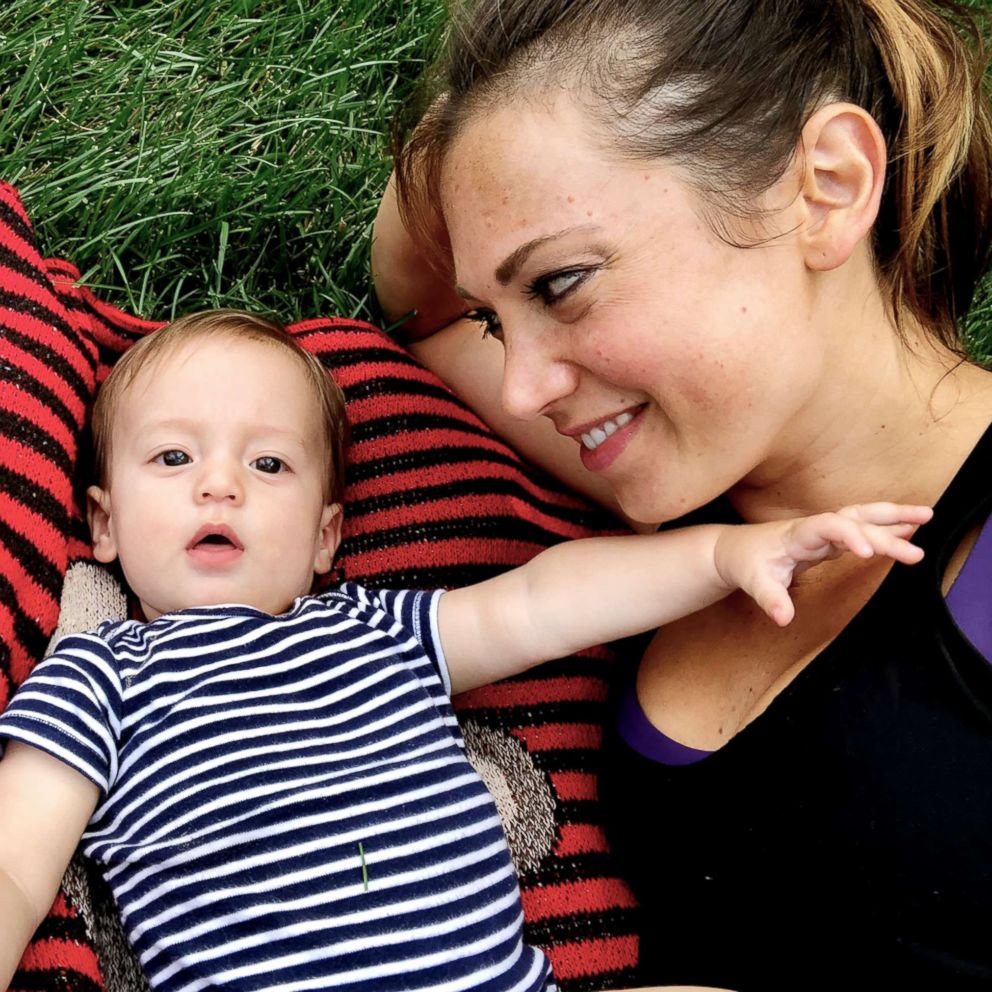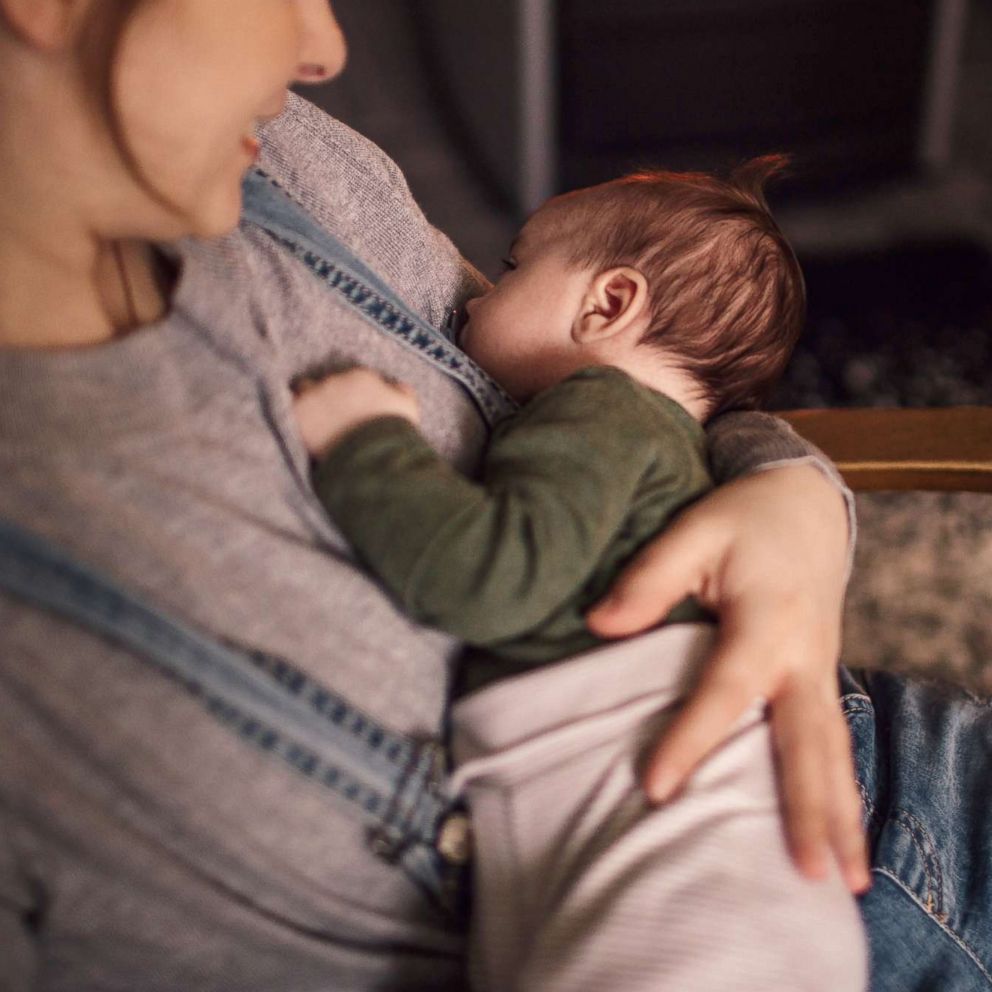Going to bed at different times can hurt your health. Here are 5 apps to help
The new study links irregular sleep patterns to increased health risks.
If you consider yourself a weekend warrior who skimps on sleep during the week and then tries to make up for it on the weekend, it's time to go back to bed.
Irregular sleep patterns, including not going to bed and waking up at the same time each day or getting different amounts of sleep each night, can put you at a higher risk for obesity, heart disease, hypertension, high blood sugar and other metabolic disorders, according to a new study published in the journal Diabetes Care.
That means the bedtimes advised for children may be a good thing to implement well into adulthood, too.
"Sleep has a [public relations] problem in this country," ABC News chief medical correspondent Dr. Jennifer Ashton said Thursday on "Good Morning America." "We look at it like a luxury. It is a medical necessity on par with our food and our fitness."
The new study, funded by the National Institutes of Health (NIH), followed more than 2,000 men and women who wore sleep trackers on their wrist to measure their sleep duration and quality. The participants were studied for as long as six years.
Researchers also looked at their sleep habits, lifestyle and health factors.
The men and women whose sleep varied the most in the time they went to sleep and for how long they slept were more likely to have metabolic problems like lower HDL cholesterol and higher waist circumference, blood pressure, total triglycerides, and fasting glucose, researchers found.

"What they found is if [sleep] varied more than one hour over a week it increased the risk of one of these metabolic risk factors by 27%," said Ashton, who added that the study confirms that going to bed at the same time each day is as important for health benefits as the amount of sleep.
The people most at risk for sleep duration that varied more than one hour were African-Americans, people who work night shifts, people who smoke and people who sleep fewer hours. They were also found to have higher symptoms of depression, sleep apnea and caloric intake, according to the study.
Ashton recommends using a sleep tracker to monitor the time you go to bed and wake up and the quality of your sleep each night.
"If you follow what times you go to sleep you might surprise yourself," said Ashton, who has been using the free Sleep Cycle app to track her own sleep.
Apps like Sleep Cycle can not only track your sleep but help you get a better night's sleep as well.
Here are five to try:
1. Calm
This is the app that lets you fall asleep to Matthew McConaughey reading a bedtime story. The app's "Sleep Stories" are not just read by well-known voices but are designed using cognitive behavioral therapy (CBT) to lull you to sleep.

The app also offers guided meditations, music designed to help you relax and sleep, and 10-minute guided stretching and mindful movement videos to help release tension in your body.
2. Sleep Cycle
This app is like the ultimate alarm clock. It analyzes your sleep and wakes you up when you're feeling the most rested, instead of pulling you out of a deep, REM sleep.
Sleep Cycle analyzes your sleep movements through your phone's microphone. It begins to wake you up softly during a "wake-up phase" that ends at the time you entered to be woken up.
3. SnoreLab
The free version works by accessing your phone’s microphone. With the app running, you place your phone face down on your bedside table. In the morning, it graphically shows your most significant snoring events and lets you listen to them.
The premium version of the app offers some other tools that allow you to note corresponding events like drinking or being overtired. It also records multiple nights of sleep, offers coaching tips, ranks your snoring compared to other users, and qualifies the volume of your snoring with adjectives like "loud" and "epic."
4. Pillow
Pillow describes itself as your "smart sleep assistant."
Like Sleep Cycle, the app analyzes your sleep cycles to wake you up in the lightest sleep possible. It can be used on an Apple Watch or just by laying your smartphone on your mattress.
The app also allows you to record sleep events like snoring and sleep talking and has "sleep aid sounds" to help you fall asleep.
5. Pzizz
Pzizz is a sound-based app that uses sound sequences to help you sleep.
The app calls its sounds "dreamscapes," which includes music, voiceovers and sound effects. The sounds change each night and are designed to help with both nighttime sleep and naps, too.







